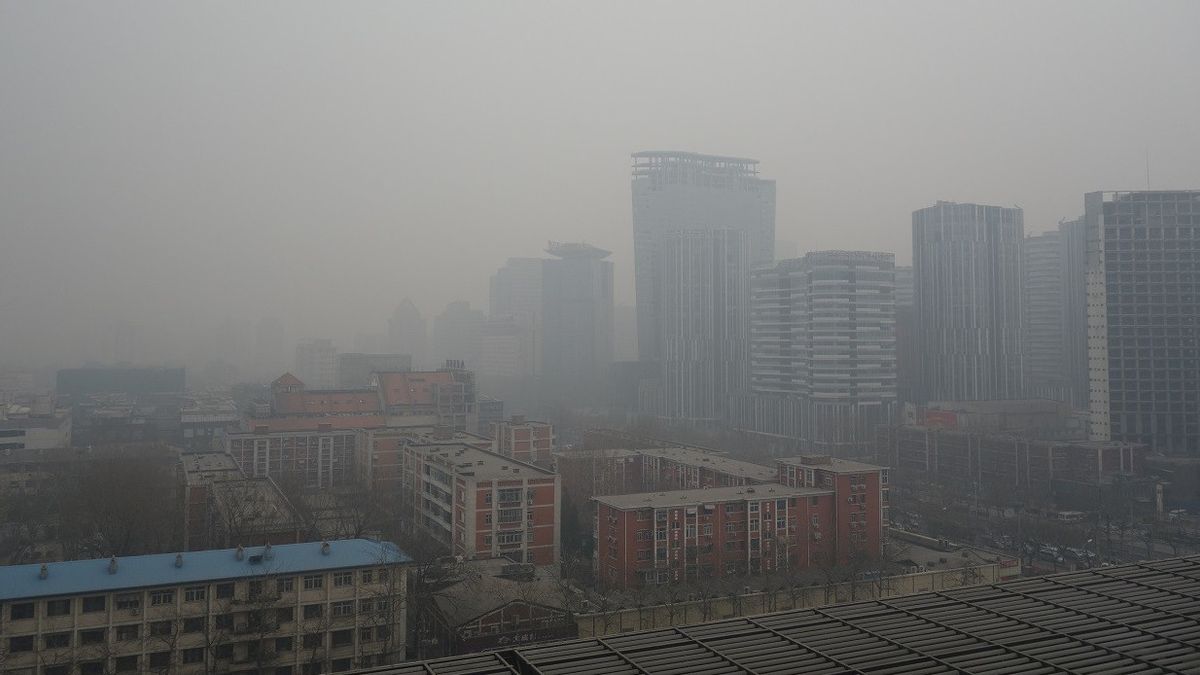JAKARTA - Beijing authorities warned on Monday that heavy air pollution was possible during the 2022 Winter Olympics, but said contingency plans were in place to ensure the Games were not disrupted by the smog.
The Chinese capital declared a "war on pollution" after hosting it in 2015, closing dozens of coal plants and relocating heavy industry to give up its status as one of the world's most polluted cities.
However, air quality is still well below World Health Organization (WHO) standards, despite dramatic improvements in recent years, according to country data released this month.
"The Beijing Winter Olympics and Paralympics coincide with the end of winter and the beginning of spring in northern China, when weather conditions are very unfavorable," China's environment ministry spokesman Liu Youbin said at a press conference Monday, citing CNA from AFP Jan. 24.
"When heavy pollution is predicted, all regions will launch contingency plans," he said.

The move includes production cuts at polluting firms with relatively little economic impact in the host cities, Beijing and Zhangjiakou, Liu said.
Improvements have been made in recent years. The concentration of ultrafine PM2.5 particles in Beijing's air, which is causing an increase in lung cancer, heart attacks and premature babies, fell to 33 micrograms per cubic meter last year.
That figure is down by a third from levels in 2013, when the capital had the worst air quality in the world, according to Beijing's environment bureau. But, that's still six times higher than the five micrograms per cubic meter recommended by the WHO.
On Monday, Beijing's air quality reading hit 218 on an index by Swiss technology company IQAir, placing it in "very unhealthy" territory.
In a bid to clear the foggy skies, steel mills around the city were ordered to cut production by half in August. In addition, coal stoves in 25 million households across northern China are being replaced with gas or electric stoves in the run-up to the Olympics.
China hopes to make the Winter Olympics show its green credentials, and has built dozens of wind and solar power plants to power the sport's spectacle.
However, nearly 60 percent of China's economy is powered by coal and the country has seen a surge in imports of fossil fuels and mining to help fight an electricity crisis that has crippled factories.
To note, China was home to 42 of the world's 100 most polluted cities in 2020, according to IQAir, but Beijing is not one of them.
The English, Chinese, Japanese, Arabic, and French versions are automatically generated by the AI. So there may still be inaccuracies in translating, please always see Indonesian as our main language. (system supported by DigitalSiber.id)













